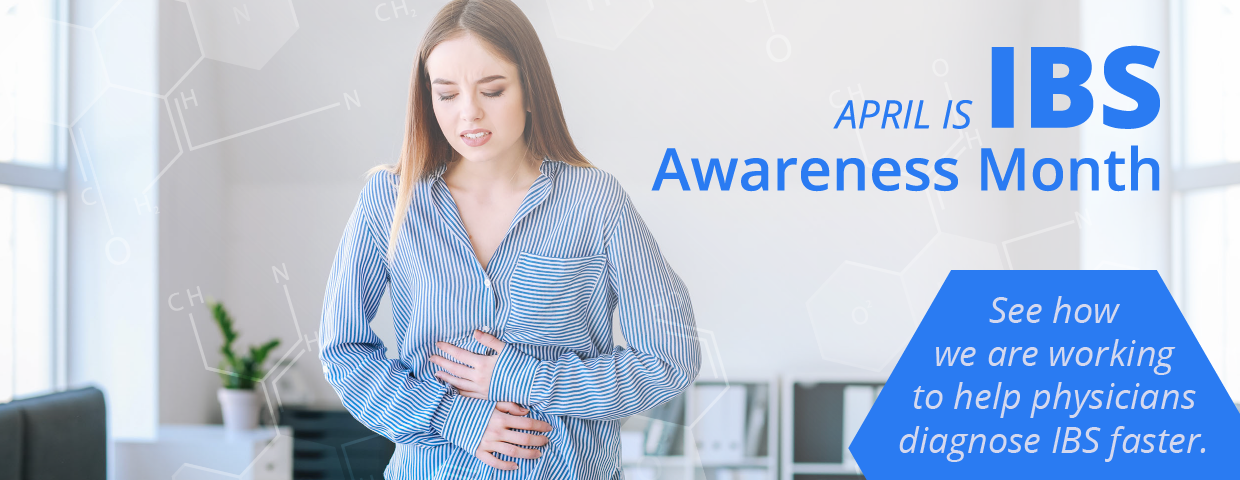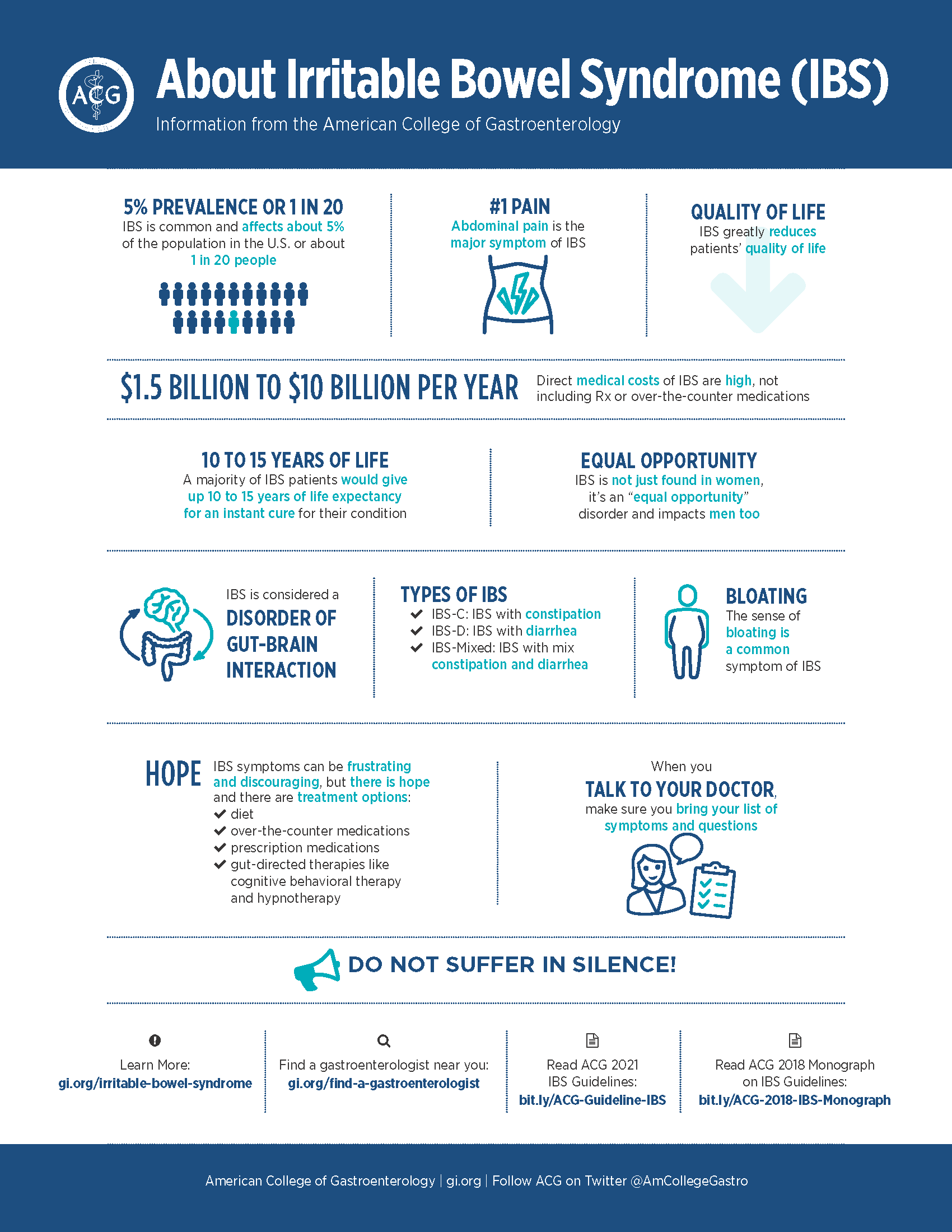
Gastrointestinal (GI) Conditions and how DTPM can Help
Imagine sitting in the ER or a Doctors office for the third time in a month hearing, “it could be anything, let’s run some more tests.” It can be uncomfortable and frustrating but when you are dealing with Gastrointestinal (GI)-related symptoms for both physicians and patients due to the large scope of diseases and conditions that display similar symptoms. Gastrointestinal (GI) symptoms are just as complicated as they are common for the human body. According to the American College of Gastroenterology, for every ten adults in the world, four suffer from functional gastrointestinal disorders of varying severity.
Some Most Commonly Common GI Conditions Include:
- Irritable Bowel Syndrome (IBS)
- Celiac Disease
- Clostridium Difficile (C. Diff)
- Lactose Intolerance
- Gastroesophageal Reflux Disease (GERD)
- Peptic Ulcer Disease
- Crohn’s Disease
- Gallbladder Disorders and Gallstone Pancreatitis.
- Gallstone Pancreatitis
- Chronic Diarrhea and/or Constipation
- Acid Reflux
- Heartburn
- Dyspepsia/Indigestion
- Nausea and Vomiting
- Peptic Ulcer Disease
- Abdominal Pain Syndrome
- Belching, Bloating, Flatulence
- Biliary Tract Disorders
April is IBS Awareness Month
One of the most common Gastrointestinal Disorders includes Irritable Bowel Syndrome (IBS) it affects an estimated 5% of the U.S population. Yet many people remain undiagnosed for an average of 1 to 6 years and are usually unaware that their symptoms indicate a medically recognized disorder. There are different types of IBS and because of the wide range of symptoms, it is difficult to diagnose and treat properly. The known types of IBS are IBS-C: IBS with constipation; IBS-D: IBS with diarrhea; IBS-Mixed: IBS with mixed constipation and diarrhea.
How Do Doctors Diagnose GI-Related Issues?
Gastrointestinal (GI) symptoms like heartburn, indigestion/dyspepsia, bloating and constipation are common yet are most often misdiagnosed or overlooked as well as misunderstood both by health care providers and patients. GI conditions can be caused by infection with viruses, bacteria, or parasites, or involve a more chronic or long-term condition such as Celiac disease or Crohn’s disease, making it complicated to diagnose and treat in a timely manner. Depending on the cause of the infection, the symptoms of gastroenteritis can take from a few hours to a few days to develop, and some struggle with symptoms for long periods of time waiting for a proper diagnosis.
- Bleeding
- Bloating
- Constipation and/or diarrhea
- Heartburn/indigestion
- Nausea and vomiting
- Pain in the abdomen or rectum
- Colonoscopy: A routine procedure in which a flexible fiber-optic instrument is inserted through the anus in order to examine the colon and photograph and document any findings that could relate to the patient’s symptoms.
- X-ray or CT scan: These tests will provide images of your abdomen and pelvis that might allow your doctor to rule out other causes of your symptoms, related to abdominal pain.
- Upper endoscopy: A long, flexible tube is inserted down your throat and into the tube connecting your mouth and stomach (esophagus). A camera on the end of the tube allows the doctor to inspect your upper digestive tract and obtain a tissue sample (biopsy) from your small intestine and fluid to look for overgrowth of bacteria.
Coming Soon – What DTPM is Doing to Help Healthcare Providers with GI-Related Diagnostics
When a patient comes in with GI-related symptoms, a molecular PCR test can provide accurate and quick results to assist healthcare providers in ruling out several potential conditions and determine if the GI conditions are caused by infection with viruses, bacteria, or parasites.
In a short time, DTPM will be introducing a gastrointestinal panel is a comprehensive panel designed to detect the most prevalent gastrointestinal diseases by molecular technique. The DTPM GI panel can use samples collected with the following in accordance with FDA standards:
- Rectal swab
- Stool sample
The DTPM GI Molecular Testing Panel Can Detect the following Pathogens
- Adenovirus
- Campylobacter jejuni
- Campylobacter upsaliensis
- Campylobacter coli
- Clostridioides difficile Toxin A
- Clostridioides difficile Toxin B
- Helicobacter pylori
- Astrovirus
- Rotavirus
- Norovirus
- Enteroinvasive Escherichia coli
- Enteroaggregative Escherichia coli
- Enterotoxigenic Escherichia coli
- Enterohemorrhagic Escherichia coli
- Yersinia enterocolitica
- Escherichia coli
For Research Use Only. Not for use In diagnostic procedures.
Accuracy and Quick Results
DTPM’s goal is to provide patients with the quickest and most accurate results possible to allow the healthcare provider to provide an accurate diagnosis:
- Expedited patient results
- Unmatched accuracy of PCR
- Direct access to experienced staff
- Top-tier customer service








